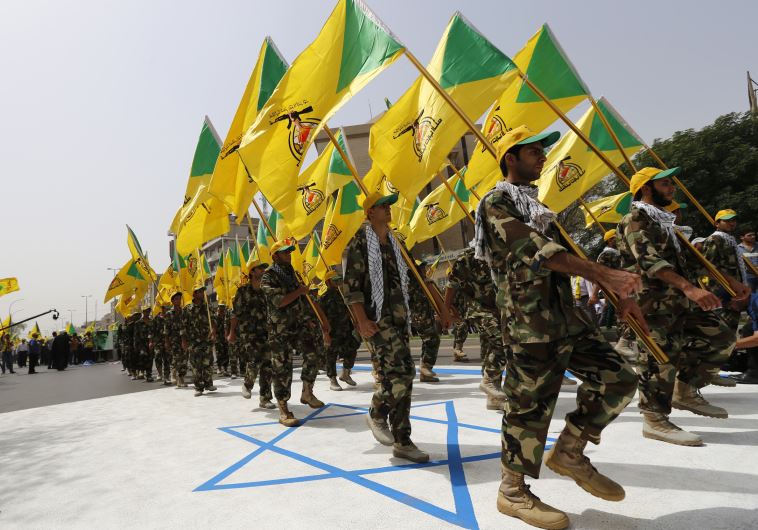Hizbollah’s hand keeps the status quo in Lebanon
Michael Young/The National/May 04/16
At the end of this month, Lebanon will have spent two years without a president. The situation is likely to continue because the vacuum is primarily the work of Hizbollah, as it pursues both local and regional political objectives. The official reasons for the void are simple: parliament has been unable to secure a quorum of two-thirds to elect a president. That is because the large Aounist bloc with Hizbollah and its allies, above all the bloc of the parliament speaker Nabih Berri, has refused to attend electoral sessions in parliament unless there is prior agreement on Michel Aoun for president.
Political intentions
More important, Mr Berri has interpreted constitutional provisions on electing a president in a way to give Mr Aoun and Hizbollah the latitude to manipulate the quorum provision. Lebanon has no higher court to challenge Mr Berri’s highly contested reading. Senior constitutionalists have rejected the speaker’s interpretation, but to no avail. However, technicalities aside, the real issue is political. Mr Berri knows that Hizbollah does not want a president in office today. Rather, the party would like to maintain a debilitating void, in that way making it easier to bring in a candidate of its choice at a moment when it has the political leverage to impose on him (or her) conditions enhancing its power, and Iran’s. That is why many believe that only when the situation in Syria clarifies and Hizbollah sees Bashar Al Assad winning decisively, will a new president be elected. At the same time, the party would like to take advantage of the western nuclear deal with its sponsor Iran and use Tehran’s growing power in the region to consolidate itself in Lebanon.
Speculation
That may well be true, but what is it specifically that Hizbollah wants, observers are wondering? There has been much speculation that the party may seek to enhance the powers of the Shia community in Lebanon, and anchor this in an amended constitution. That would mean, in addition to other things, an expansion of Shia representation in state institutions. Perhaps in the long term that is what Hizbollah would like to do. However, the party knows that changing the constitution requires a broad national consensus allowing all major parliamentary blocs to approve amendments. Under current circumstances that seems virtually impossible, even if Hizbollah were to try to engage in intimidation. In that case Hizbollah may settle for lesser measures that widen its margin of manoeuvre. It could well seek some kind of official sanction for its independent weapons arsenal, which allows the party to maintain its superiority over its Lebanese rivals. It has defended its retention of weapons as necessary to fight Israel, but today these serve mainly to impose its domestic dominance. Hizbollah would probably also aim to secure a parliamentary election law that permits it to retain its influence in Shia-majority areas, but that also weakens its main rivals, above all the former prime minister Saad Hariri. Another Hizbollah objective is to neutralise the Druze leader Walid Jumblatt, who has held the balance of power in parliament and government.
Hizbollah’s concerns
Mr Hariri is Hizbollah’s main worry. In Lebanon’s sectarian game, the party does not want a strong Sunni rival. It recalls that in 2005, Mr Hariri’s father Rafiq was preparing to challenge Syria’s candidates in legislative elections, and would probably have won a majority with his allies. Many regard this as the motive for his assassination, for which Hizbollah members have been indicted by an international tribunal.





















